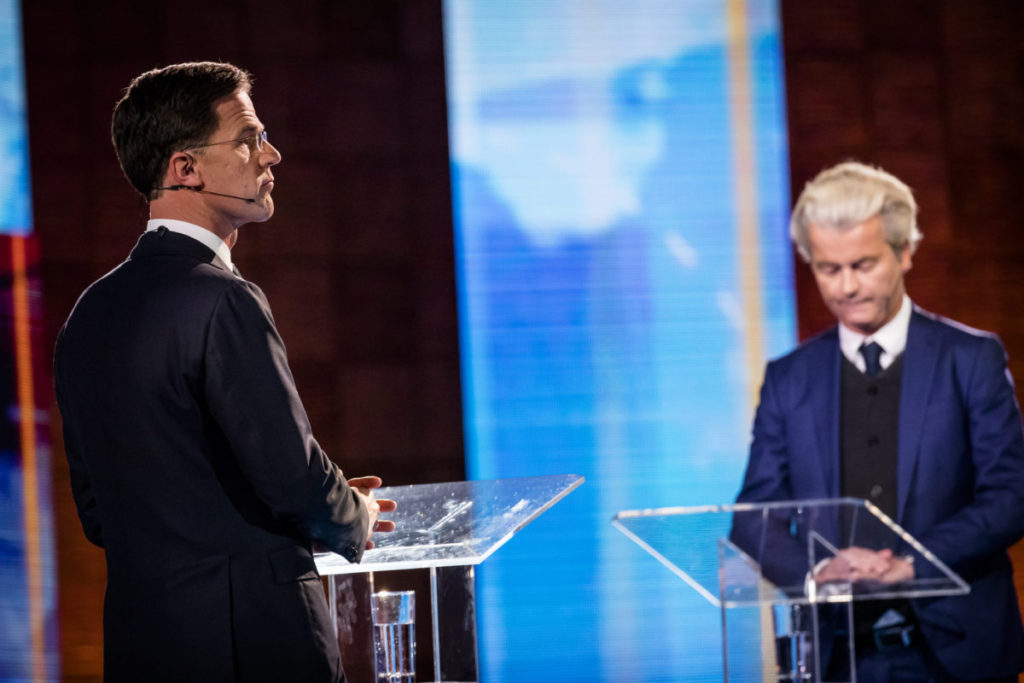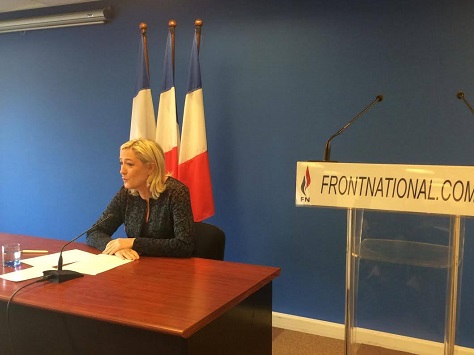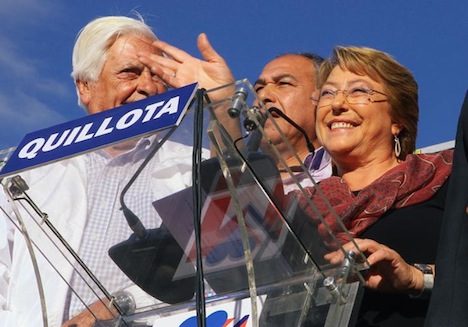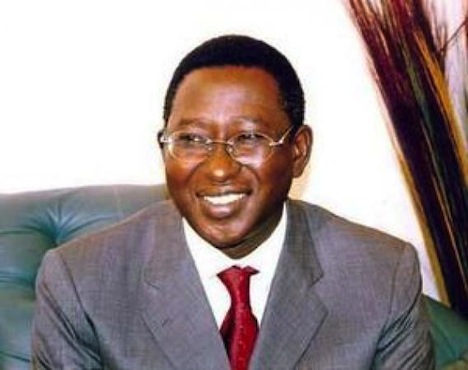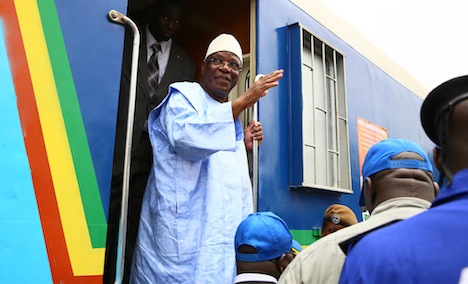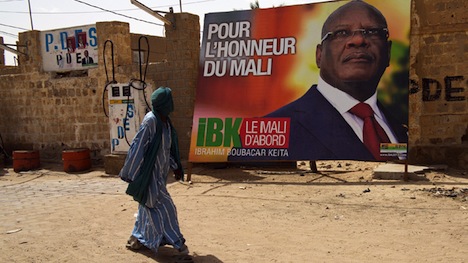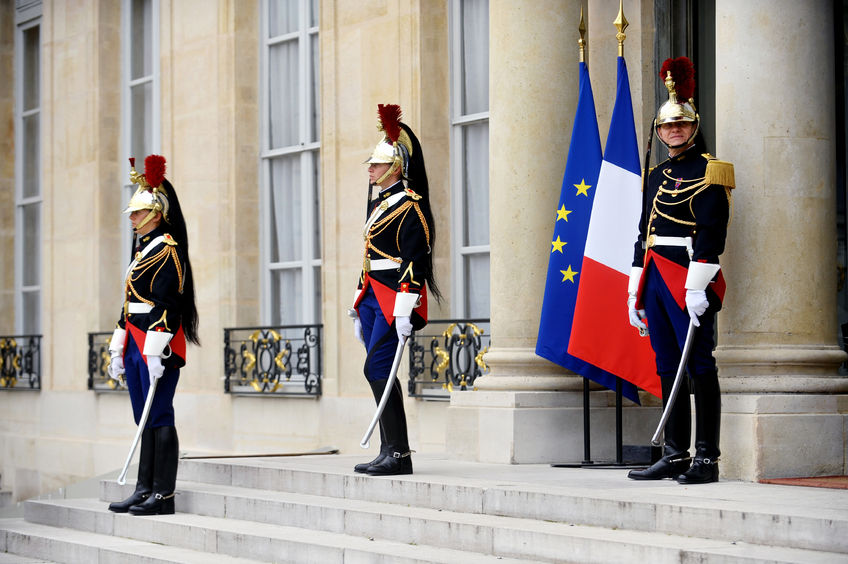
On Sunday, voters in France — soon to be the second-most populous member-state of the European Union — will decide the two finalists, out of a field of 11, who will battle for the French presidency next month.![]()
Since February, polls have consistently shown centrist independent Emmanuel Macron and hard-right Marine Le Pen, the leader of the eurosceptic and anti-immigrant Front national, most likely to advance to the May 7 runoff. Macron, a former economy minister in outgoing president François Hollande’s administration, has waged an unorthodox and personalized campaign, pulling supporters from both the center-right and the center-left under the banner of a new political movement, En marche (Forward).
Le Pen, who has somewhat toned down the rhetoric of the party that her father founded in 1972, remains a hard-right warrior championing economic nationalism, with plenty of attacks on the European Union, the scourge of Islam and the woes of immigration. It’s a stand that may yet boost her in the wake of a terrorist strike that killed two policemen on the Champs-Élysées Thursday night in the heart of Paris, as even US president Donald Trump noted early Friday morning.
* * * * *
RELATED: If Mélenchon surges into unlikely runoff, it won’t come from last-minute leftist unity
RELATED: How Le Pen might win a runoff against Macron
RELATED: After presidency, Macron would face
uphill battle for National Assembly
RELATED: The nightmare French election scenario
no one is talking about
* * * * *
One-time front runner François Fillon, the candidate of the center-right Les Républicains, leaped into a strong lead last November after defeating former president Nicolas Sarkozy and former prime minister Alain Juppé for the Republican nomination. Since February, however, Fillon has dropped to third place after police opened a formal investigation into whether Fillon used over €800,000 in public funds to pay his wife (Penelope) and his children for essentially ‘fake’ jobs — popularly known as ‘Penelopegate.’ Refusing to drop out, however, Fillon — a social conservative and Thatcherite liberal who served as Sarkozy’s prime minister for five years — has waged an energetic and defiant campaign, even under the cloud of corruption charges.
Meanwhile, Jean-Luc Mélenchon has surged in the polls after strong performances in two debates in March/April sent left-wing voters swooning. The far-left candidate of La France insoumise (Unsubmissive France) and a coalition of communists and other far-left groups, Mélenchon has gained support at the expense of the official candidate of the Parti socialiste (PS, Socialist Party), Benoît Hamon. A former education minister and left-wing rebel who ultimately resigned in opposition to Hollande’s centrist push for labor reform, has campaigned on a deeply leftist platform of his own, with calls for a universal basic income, a 32-hour work week, a tax on robots and a higher minimum wage. After the deeply unpopular Hollande ruled out a reelection bid, Hamon won the Socialist nomination in January, defeating Hollande’s more centrist former prime minister Manuel Valls. Hamon now languishes in the single digits in most polls, while Mélenchon’s more radical campaign — he wants to introduce a 100% tax on incomes over €33,000 a month, reinvent or leave the European Union and leave NATO — has captured more of the electorate’s imagination.
Those polls now show the top four candidates — Macron, Le Pen, Fillon and Mélenchon — all gathered together within the margin of error, with between 19% and 25% support as voters prepare to cast ballots in the April 23 first-round vote. With Macron and Le Pen unable in the final weeks of the campaign to expand into larger coalitions, with Fillon holding steady with his core of Republican voters and with Mélenchon consolidating France’s leftist voters, no one can predict which of the four candidates will advance.
We’ll know soon enough. In the meanwhile, here is what you should expect from each of the potential six runoffs that could follow Sunday’s result. Continue reading The six possible runoffs that could result from France’s Sunday election
